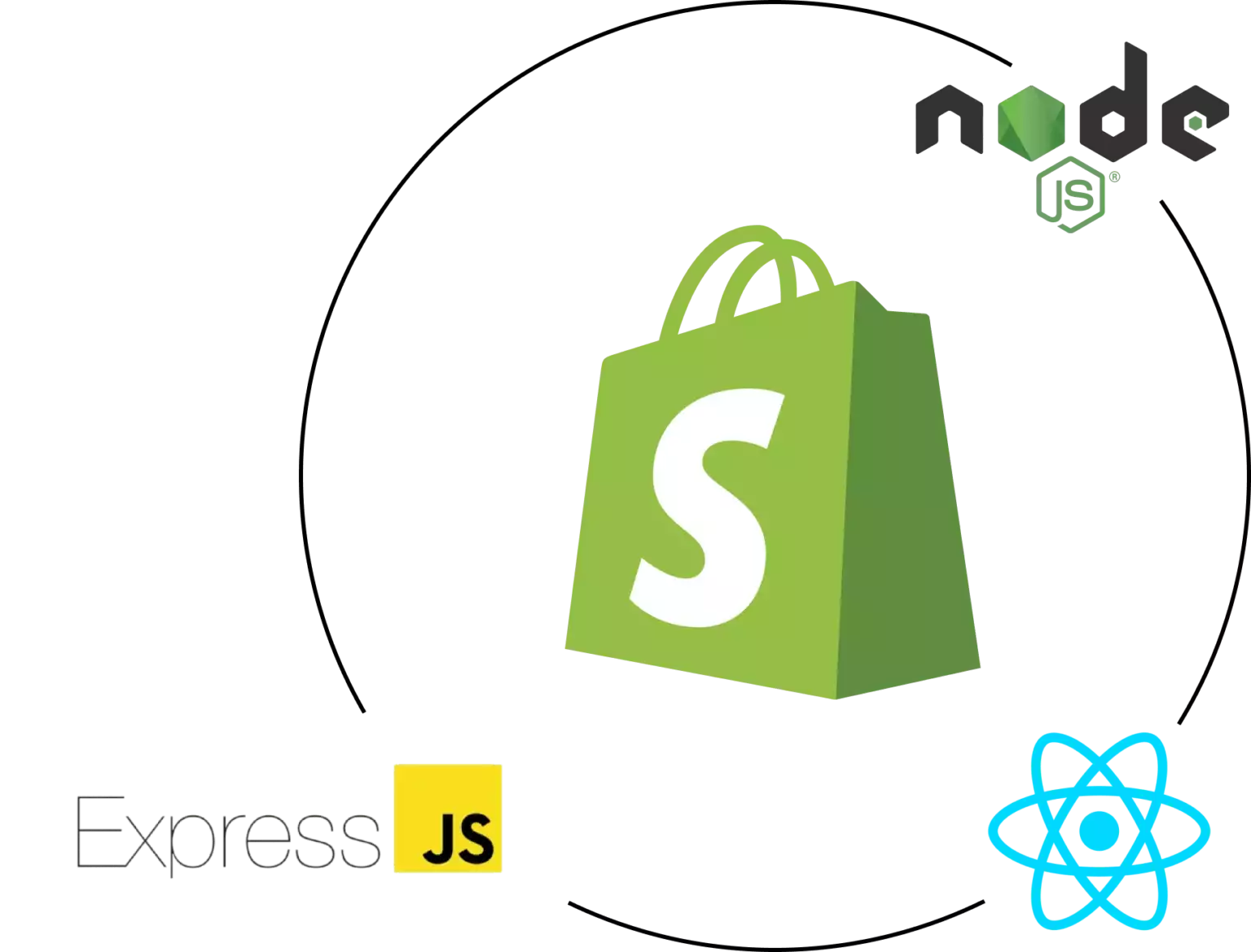Empower Your Online Store: Custom Shopify App Development for Unmatched Store Performance
Overview
In today’s cutthroat e-commerce landscape, differentiating is paramount, and a top method to differentiate a Shopify store is through tailored app development. A well-built Shopify app can boost store capabilities, streamline operations, and boost customer engagement. This guide delves into key elements of Shopify app development, covering API integration and app ecosystem to growth techniques and digital marketing approaches, providing a roadmap for businesses looking for unmatched store efficiency.
The Importance of Shopify API Integration
Shopify’s API offers robust tools to customize and expand store capabilities. With GraphQL and REST APIs, developers can access data to build applications that manage inventory control, order handling, and customer information management seamlessly. Integrating Shopify’s API can lead to better workflow automation and enables stores to assist shoppers more effectively.
Adopting the Polaris Design System
Shopify’s Polaris is Shopify's design system for creating intuitive and easy-to-use Shopify apps. By adhering to Polaris principles, developers guarantee that apps integrate smoothly within the Shopify Admin experience. This ensures a cohesive look and feel that resonates with Shopify merchants, encouraging usability and comfort for merchants utilizing your tailored app.
Understanding the Shopify App Ecosystem
The Shopify app ecosystem provides numerous opportunities for improving online stores. From managing fulfillment processes to increasing customer engagement, apps in this ecosystem are designed to meet various business requirements. Familiarizing with this system assists developers in finding unique app ideas and enables smooth connections of external tools that add value to the store.
Building Embedded Shopify Apps
Embedded apps work seamlessly within the Shopify Admin, allowing a seamless experience for merchants. They allow merchants don’t have to leave their Shopify control panel, streamlining their workflow. Employing Shopify App Bridge and embedded app features is a best practice for offering a unified, well-integrated user experience.
Using Node.js and React for Shopify Apps
The technologies Node.js and React have emerged as ideal tools for Shopify app creation. Node.js enables high-performance server-side applications, while React enables interactive and adaptive front-end user interfaces. Combined, they provide an excellent platform for building fast, Key tools for Shopify store growth growth-ready Shopify apps that enhance store performance and customer interaction.
Utilizing Webhooks in Shopify Development
Webhooks allow real-time data synchronization between Shopify and an external app. They initiate events such as new orders or stock changes and provide immediate notifications to your app. By implementing webhooks, apps can provide up-to-date information to store owners, streamlining workflows and increasing efficiency.
Customer Engagement and Digital Marketing for Shopify Apps
To make a Shopify app successful, engaging customers is key. Utilizing digital marketing strategies like SEO, email marketing, and social media campaigns can drive app adoption. Additionally, designing apps with customer engagement in mind (e.g., loyalty programs or personalized recommendations) increases user loyalty and loyalty.
Making Your Shopify App Scalable
As e-commerce stores expand, so do their technological needs. Ensuring that your app can scale to handle increased traffic, larger databases, and Real-time data synchronization in Shopify more complex functionalities is essential. By improving server resources and implementing scalable solutions, you can develop apps that expand in tandem with a store’s success.
Essential Features and Maintenance for Shopify Apps
For an app to be useful, it should offer essential features like user login, analytics dashboard, and support channels. Ongoing app upkeep, including updates to fix bugs and compatibility checks with new Shopify features, is vital to maintain uninterrupted performance and prevent disruptions to merchant workflows.
Summary
Custom Shopify app development offers immense opportunities for e-commerce stores, offering the chance to improve store functionality, streamline processes, and build customer relationships. With API integrations and Node.js to focusing on scalability and customer interaction, creating a Shopify app involves careful planning and well-planned actions. If you’re prepared to unlock your store’s full potential, a custom Shopify app may be the ideal choice. What capabilities do you see for your dream application? Share your ideas and take the first step toward an enhanced e-commerce experience!
